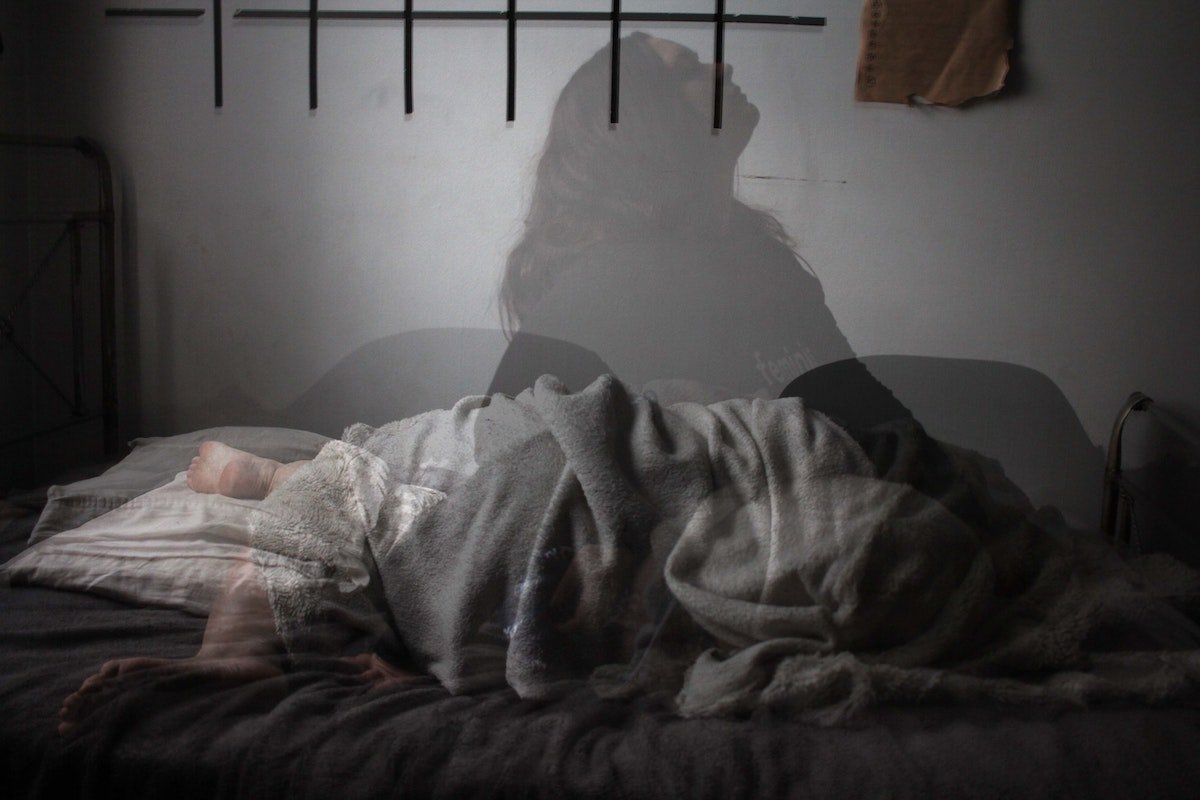Your friendly next-door hubadera.
You’ve spent nights tossing and turning in bed. Your brain refused to shut down, and when you opened your eyes, you see sunlight. It’s morning, time to start another day.
Your first solution might be buying over-the-counter sleeping pills, but this isn’t always the best way to go. In fact, you need a doctor’s prescription to buy sleeping pills in the Philippines. A medical professional must assess your case and determine if medication is the most appropriate treatment.
So how do you manage your sleeping problems?
Understanding Insomnia

When you have insomnia, you find it difficult to fall and stay asleep, and the quality of your sleep is often poor. As a result, you’re tired and barely focus in the daytime. And you’re not alone. As much as 20 percent of Filipinos are sleep-deprived, according to the Philippine Society of Sleep Medicine (PSSMI).
If you experience insomnia at least three nights a week for at least three months, then that’s chronic insomnia. Anything less is called short-term insomnia.
I myself experienced a bout of insomnia a few weeks ago (I haven’t slept for upward of 48 hours) and in my impaired state, I was very tempted to buy sleeping pills. I have a daytime job that required extreme focus, but I can’t even pay attention to a virtual meeting.
A close friend (a nurse) discouraged me from buying pills.
I was advised that I could only get proper sleeping medications with a doctor’s prescription (and I won’t risk my health to dubious pills online). But given the current medical situation, I wanted to save myself the trouble of scheduling a doctor’s visit. So I set about trying nonmedical solutions first.
Try Solving Your Insomnia

Using this Choose Wisely report as a guide, I decided I’d only resort to sleeping pills if none of the sleep tips works.
- Limit Caffeine. Coffee is my fuel, but it had to be done. For an entire weekend, I stayed away from coffee and tea. Limit your alcohol and nicotine consumption, as well.
- No Devices. Phones are off-limits for at least an hour before bed. To impose discipline, I turned off its WiFi or let it drain its battery throughout the day, so it will be dead by the time I go to sleep.
- Stick to Your Schedule. You don’t have to be in bed by 10PM, like most people say. In my case, forcing myself to go to sleep early just led to a night of sleeplessness. So I lie down when I normally go to bed (2AM) and followed that routine.
- Get Sleeping Aids. If you can, make your sleeping area more conducive to rest. I’m working from home, so it’s difficult to set a clear boundary between spaces for the professional and the personal. I bought an eye sleeping mask, so I don’t have to fuss about whether the sun has risen. Some nights I also bring out a diffuser and filled the room with a rich, bamboo scent.
After three days of painstakingly staying away from my coffee and my phone, I got past the insomnia attack. However, some people need professional help.
Understanding Sleeping Pills

There’s a reason the American Board of Internal Medicine (ABIM) Foundation and the American Academy of Sleep Medicine (AASM) claim that sleeping pills aren’t always the best solution for insomnia.
According to the Choose Wisely guide,
- Sleeping pills have side effects. These include daytime drowsiness, dizziness, and in serious cases, sleepwalking and sleep-eating.
- Sleeping pills may cause dependence. Doctors often prescribe sleeping pills for only a few days because you may depend on them.
Getting a Prescription

If you’re determined to see a doctor for your insomnia, you can consult this PSSMI teleconsultation directory.
You can also check the following hospital units dedicated to sleeping disorders:
- Lung Center of the Philippines Sleep Medicine Services
- Luke’s Comprehensive Sleep Disorders Center
- Makati Medical Center Neurophysiology and Sleep Disorders Laboratory
Lastly, be reminded that sleep medications are powerful. No matter how tempting it is to take more than what you need, follow your doctor’s prescription to avoid dependence and unwanted side effects.
What's Your Reaction?
Your friendly next-door hubadera.

